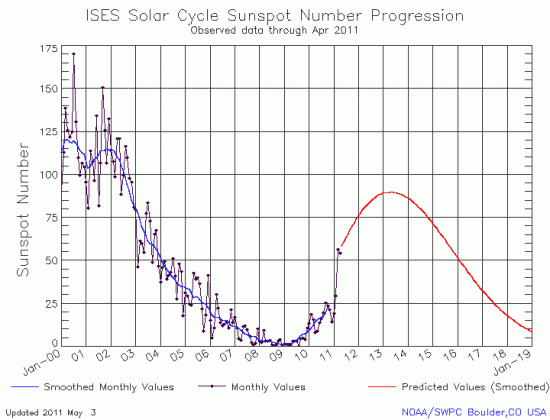Dark matter mysteries
Every year, as part of its educational and research mission, the Space Telescope and Science Institute in Baltimore, Maryland holds a science symposium that focuses one of the big questions of astronomy, inviting over a hundred scientists to come and give their individual perspectives on the state of the field.
This year’s symposium ended yesterday, and the subject was the mysteries of dark matter. Though I wasn’t able to attend the symposium itself, they held a workshop for journalists yesterday, which I did attend. (You can watch the webcast here.)
So, what is dark matter?
First of all, it isn’t dark energy. Dark energy is that mysterious unknown phenomenon that is causing — on vast scales of many billions of light years — the expansion of the universe to accelerate rather than decelerate. It has nothing to do with the question of dark matter.
Second, no one knows. All that scientists do know is that objects in the outer regions of galaxies as well as the galaxies themselves don’t move at the speeds and directions expected if their known mass and gravity were the only forces influencing them. In order to successfully plot their orbits and motions, astronomers have to add a gigantic halo of extra mass, which they have dubbed “dark matter” because it is unseen, undetected, and completely invisible.
» Read more




